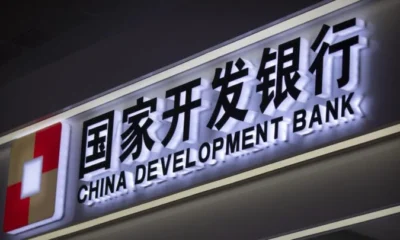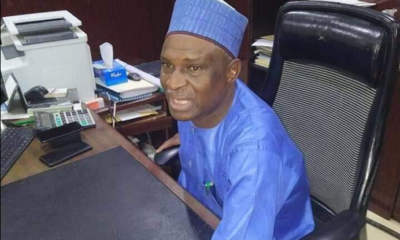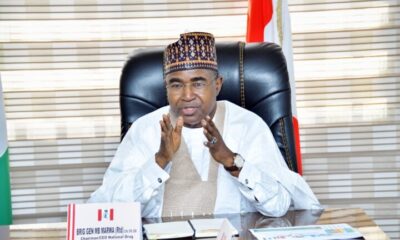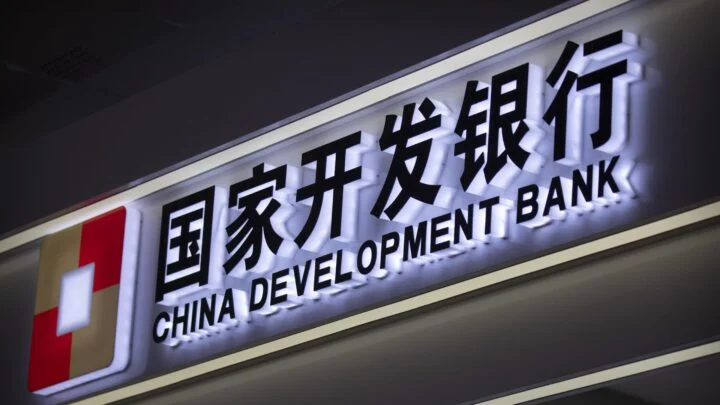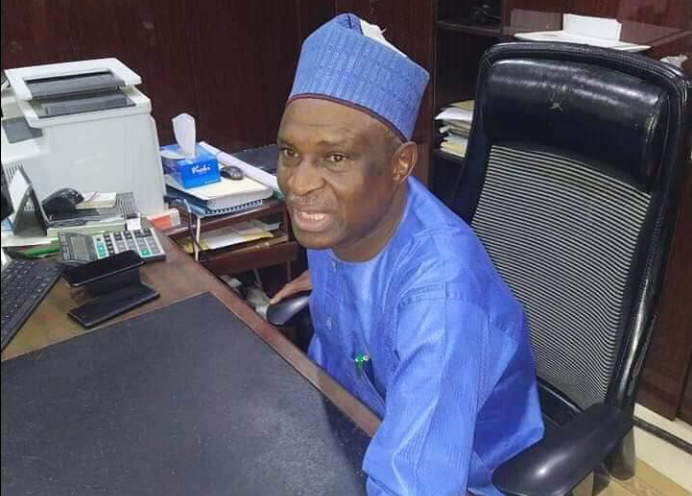BIG STORY
Nigeria’s Foreign Reserves Recorded $2.35bn Net Inflow In Seven Months — Finance Minister Wale Edun
-

 BIG STORY3 days ago
BIG STORY3 days agoNDLEA Arrests Famous 61-Yr-Old Lagos Fabric Merchant Alhaja Ajoke Elediye For Drug Trafficking
-

 BIG STORY9 hours ago
BIG STORY9 hours agoIkorodu Teacher Arrested For Physically Abusing 3-Yr-Old Boy In Viral Video [SEE VIDEO]
-

 BIG STORY3 days ago
BIG STORY3 days agoFuel Price May Crash To N500 Per Litre In 2025 — Oil Marketers
-

 BIG STORY3 days ago
BIG STORY3 days agoPopular Nigerian Socialite Cash Madam Dies At 89, Burial Announced
-

 BIG STORY2 days ago
BIG STORY2 days agoRetirement: Top Generals Get $20,000 Medical Allowance, Bullet-proof SUV, Others
-

 BIG STORY2 days ago
BIG STORY2 days agoGTCO PLC Announces Successful Completion Of The 1st Phase Of Its Equity Capital Raise Programme; Raises ₦209 Billion
-

 BIG STORY3 days ago
BIG STORY3 days agoRetailers Begin Loading From Port Harcourt Refinery This Week — PETROAN
-
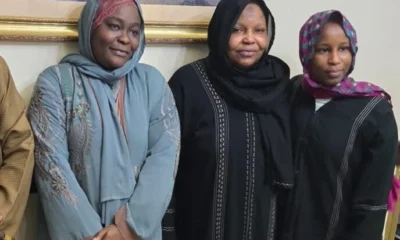
 BIG STORY3 days ago
BIG STORY3 days agoThree Nigerian Women Jailed In Saudi For ‘Drug Trafficking’ Regain Freedom








